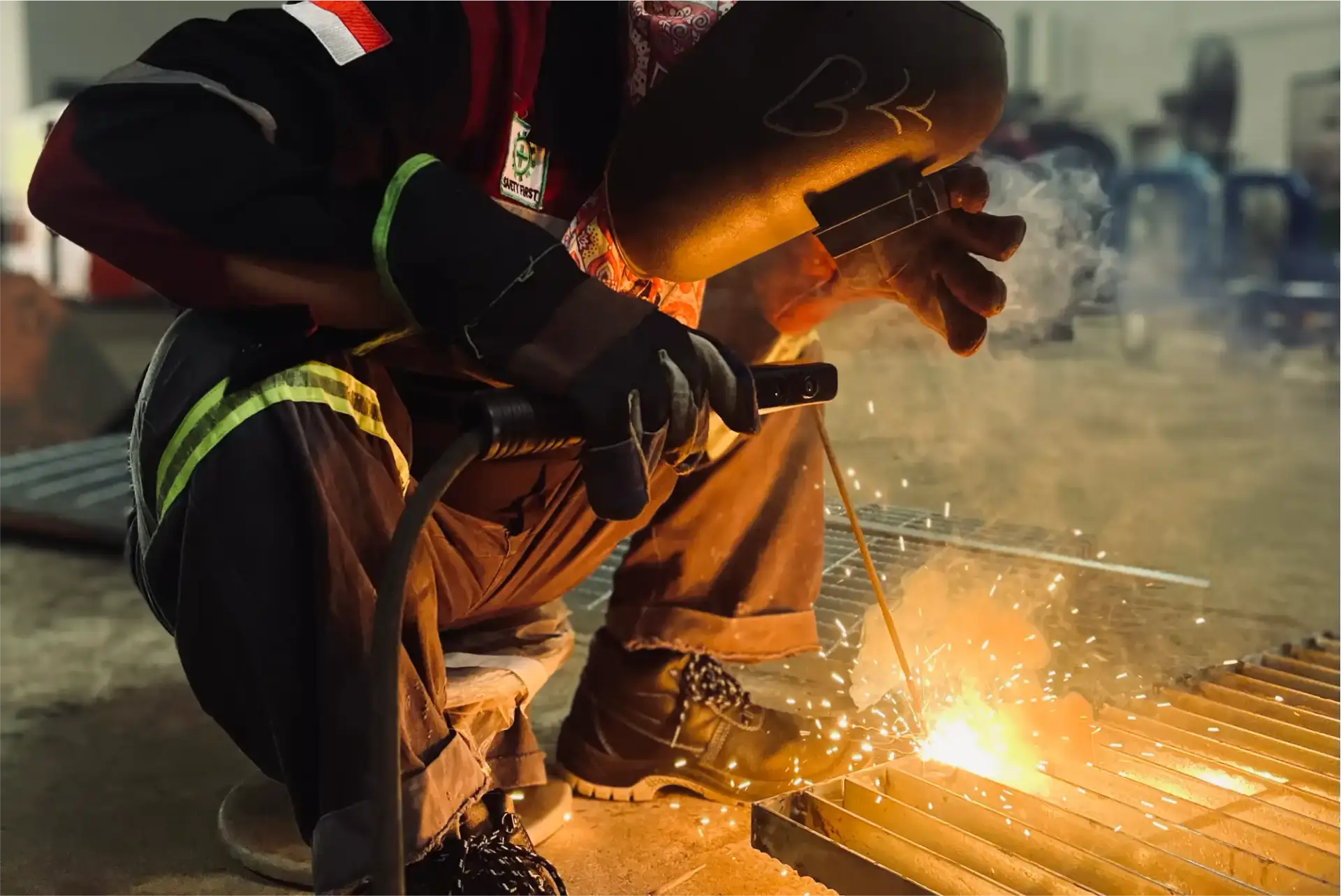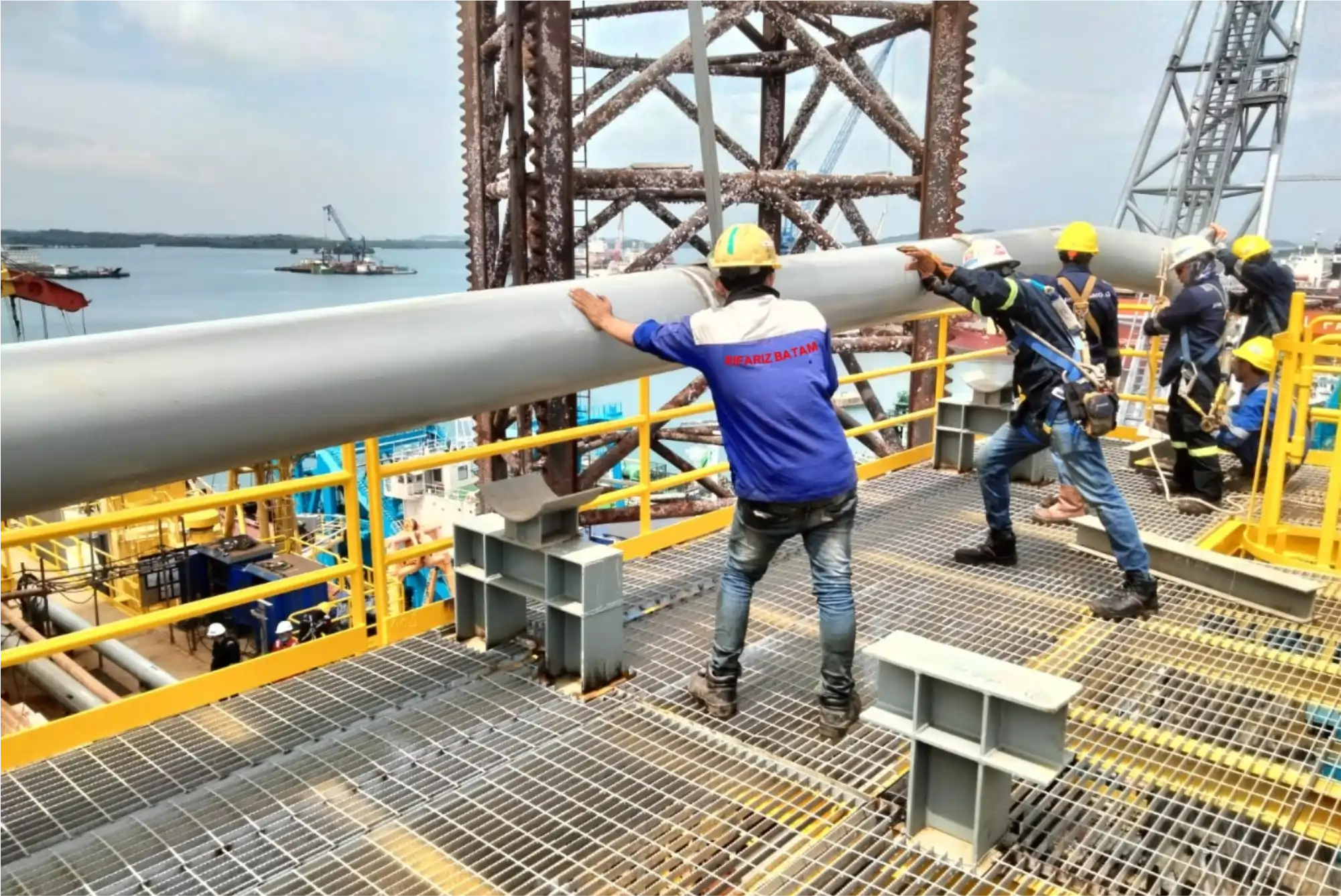In the high-stakes world of oil and gas, bolting is critical. It involves securing vital components like pipelines and flanges using bolts and nuts, ensuring everything stays in place under extreme conditions. Proper bolting prevents leaks, equipment failures, and safety hazards.
Why Is Bolting So Important?
Bolting in the oil and gas industry has two main goals:
- Safety: Secure bolting prevents dangerous leaks, which can lead to fires or explosions.
- Efficiency: Well-done bolting means fewer breakdowns and less downtime, allowing operations to run smoothly.
The Challenges
Bolting in oil and gas isn’t straightforward. Conditions like high pressure, corrosive environments, and extreme temperatures push materials and designs to their limits. Specialized materials like stainless steel or alloy are often required to endure these environments. Additionally, every bolt must be tightened with extreme precision, ensuring proper tension and sealing.
Key Techniques in Bolting
- Torqueing: This uses tools to apply the correct amount of force, ensuring bolts are tightened securely.
- Tensioning: For more critical joints, tensioning is used to ensure uniform pressure across all bolts.


Qualified Technicians are Essential
Given the complexity, only trained bolting technicians should handle these tasks. Their expertise ensures bolts are tightened with precision, using tools and techniques that meet industry standards.
Conclusion
Bolting is at the heart of safe, efficient oil and gas operations. Done right, it keeps facilities running smoothly, while ensuring safety for all involved.
Need professional bolting services? PT Rifariz Batam is here to help!






